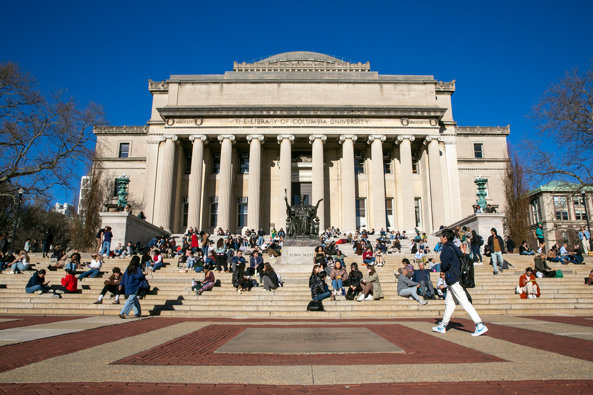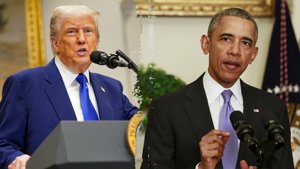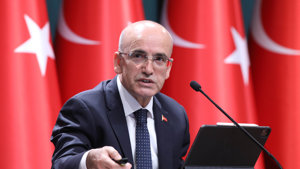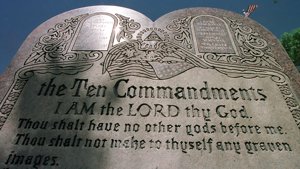
Columbia Professors Push for Antisemitism Reforms
Columbia professors urge antisemitism reforms as the White House and university move closer to restoring federal funding.
Faculty Demand Action as Funding Talks Progress
Columbia University faces mounting pressure from within its own academic community as the White House prepares to finalize a deal to restore federal funding to the Ivy League institution. Earlier this year, President Donald Trump rescinded more than $400 million in federal grants to Columbia, citing potential violations of Title VI of the Civil Rights Act related to campus antisemitism.
Several professors, faculty, and staff members sent a letter to Columbia’s acting president and board of trustees, calling for sweeping reforms to combat antisemitism on campus. The letter, signed anonymously, urges university leaders to act not only as academic stewards but also as champions of equity, safety, and accountability. “We are invested members of Columbia’s community seeking to restore the university’s moral clarity and institutional resilience,” the letter states, advocating for Columbia to set a national example by pairing academic excellence with moral integrity.
The signees outline key components for change: enforcing accountability for professors accused of promoting antisemitic narratives, reinstating faculty who were reprimanded for supporting Israel, disciplining students involved in violent protests, and eliminating curriculum deemed antisemitic. These proposals reflect concerns over recent unrest, including incidents at Butler Library where more than 80 protesters were arrested in May, adding to hundreds detained during earlier demonstrations.
White House and Columbia Pursue Agreement
The Trump administration has responded to the situation by engaging in negotiations with Columbia University leaders. A senior White House official indicated optimism about an imminent agreement and confirmed that many of the faculty’s suggestions could be integrated into the deal. “The Trump administration must address antisemitic classroom indoctrination and lack of viewpoint diversity, impose real accountability for student and faculty antisemitic conduct violators, reform admissions and hiring, and make necessary leadership changes,” stated Ari Shrage, co-founder of the Columbia Jewish Alumni Association.
Potential components of the agreement may include new policies regarding the use of face masks by protesters, review of Middle Eastern studies curriculum, and measures to ensure equal treatment of students. The White House also mentioned examining issues related to racial hierarchy and attitudes toward specific religious or racial groups, as well as proposed changes in hiring and admissions practices. Increased transparency regarding foreign donations and stricter disclosure requirements are also being considered.
Columbia’s acting President Claire Shipman has already announced initiatives to combat antisemitism, signaling the university’s commitment to change. “In my view, any government agreement we reach is only a starting point for change,” Shipman wrote in a letter to the community. “Committing to reform on our own is a more powerful path. It will better enable us to recognize our shortcomings and create lasting change.”
Both the White House and university officials have described the ongoing talks as productive, although an exact timeline for a final deal remains unclear. Columbia’s spokesperson stated, “The University remains engaged in productive discussions with the federal government to meaningfully address their concerns and move forward towards a resolution.”
As the negotiations progress, the outcome could set a national precedent for how universities address antisemitism while balancing academic freedom and federal compliance. Both parties appear committed to reaching a resolution that will restore funding and reinforce Columbia’s position as a leading academic institution dedicated to safety and inclusion.






